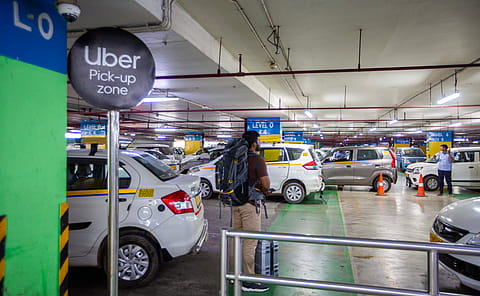FTC vs Uber: Misleading Uber One claims spark new regulatory clash
The FTC claims that the company enrolled customers without consent and falsely advertised savings and cancellation ease, marking another regulatory clash between Uber and the FTC, following previous settlements.

The US Federal Trade Commission (FTC), the country’s consumer protection watchdog, has filed a lawsuit against ride-hailing platform Uber, alleging that it wilfully engaged in deceptive practices in its billing and cancelling practices towards customers for its Uber One service.
According to the lawsuit filed in San Francisco by the FTC, Uber has allegedly signed up customers for the Uber One service without their knowledge. The company made misleading claims about its customers saving $25 (approximately ₹2,090) monthly by using the service, and the ease with which the customers can cancel the service, which costs $9.99 (approximately ₹835) per month.
“Companies need to compete fairly in the market based on their product quality and customer service, not by deceiving consumers. The Trump-Vance FTC will not tolerate this kind of behaviour. If the allegations in this complaint are borne out, we will hold Uber accountable,” FTC chair Andrew Ferguson wrote in a post on X.
An Uber spokesperson refuted allegations made by the FTC, saying that the company does not sign-up consumers or charge them non-consensually. “We are disappointed that the FTC chose to move forward with this action but are confident that the courts will agree with what we already know: Uber One’s sign-up and cancellation processes are clear, simple, and follow the letter and spirit of the law,” Uber spokesperson Noah Edwardsen told Reuters.
This is not the first time the FTC has slapped Uber with regulatory action. In 2017, Uber settled allegations with the consumer watchdog on allegations pertaining to data security and privacy claims. In 2018, Uber ended up shelling out $20 million as settlement for FTC’s claims that the company made concerted efforts to exaggerate prospective earnings to lure in prospective drivers.
In 2022, the company faced criminal charges, that it later settled, where it conceded that its employees did not notify the FTC about a data breach that affected 57 million passengers and drivers.